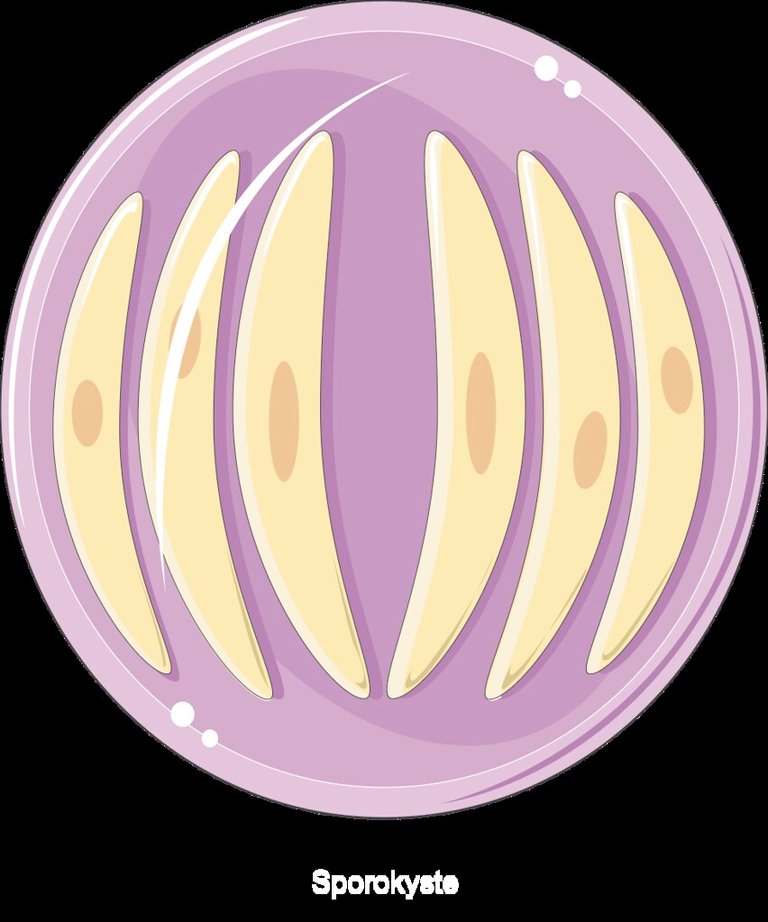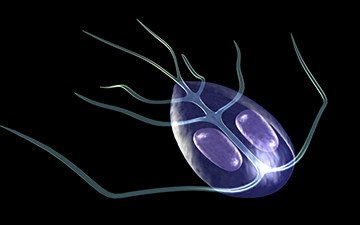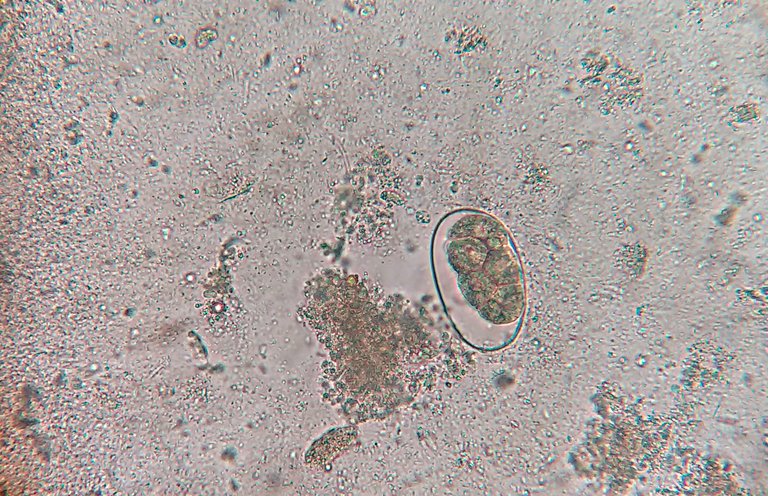The World of Human Parasites and their Relationship with Humans
What are parasites, and do we have human parasites? Have you heard of any brain parasites and do you know that your favorite pet might be generous enough to infect you with a parasite unknowingly? So let's discuss these parasites but first, what's a parasite? Parasites are cunning organisms that thrive at the expense of others. They take up residence within their hosts, siphoning off nutrients and causing diseases in the process.

Flickr
I remember discussing that our pets can be responsible for infecting us with parasites, and an example of pets that can do this, is the cat. These graceful creatures can unwittingly transmit parasites like Toxoplasma gondii, an insidious organism that afflicts around 2 million people worldwide. Toxoplasma gondii eggs are commonly found in cat feces, and they can also lurk in undercooked meat. (Interestingly, it's worth noting that while overcooked meat might increase the risk of cancer due to the creation of carcinogens, undercooked meat can harbor parasites and other microorganisms—yet another intriguing twist in the world of science.)
Once ingested, the initially inactive Toxoplasma gondii undergoes a transformation that enables it to reproduce. The ensuing reproduction process triggers a response from the immune system, resulting in mild symptoms such as fever and swelling. These symptoms are usually mild, prompting the parasite to transform again and infiltrate our muscles, eyes, and even our brain, where it can persist for an extended period.
Individuals with robust immune systems may harbor this parasite without awareness. However, in individuals with weakened immune systems, such as those suffering from immunosuppressive conditions, the consequences can be severe. They may develop toxoplasmosis, a condition characterized by symptoms including headaches, muscle pain, severe fever, and potential vision loss. For pregnant women, infection can be especially perilous, potentially leading to stillbirth, mental disabilities, hearing loss, and visual impairments in infants.

Flickr
Asides from Toxoplasma Gondii, there are other parasites that infect humans and one of them can be found in food and water known as Giardia lamblia. It is found all over the world affecting over 200 million people worldwide. It gets into the body by ingesting contaminated food and water and then becomes active in the stomach where it gets to the gut where it begin to reproduce.
While about half of those infected remain asymptomatic, children and pregnant women often experience symptoms such as stomach pain, flatulence, and foul-smelling stool. It is crucial for those suffering from Giardia lamblia to stay well-hydrated, as the body loses fluids. Metronidazole can be used to disrupt the parasite's metabolism and aid in treatment.
Another formidable human parasite is the Hookworm, which has plagued roughly 500 million individuals. These parasites are transmitted through feces, with their eggs hatching in the soil. Workers exposed to contaminated soil may unwittingly allow these worms to penetrate their skin. Once inside the body, the parasites can lead to skin rashes and itching. They may also persist in the gut for years, and while many infected individuals remain asymptomatic, symptomatic cases can involve diarrhea, weight loss, abdominal pain, and even cognitive impairment and delayed growth, particularly in children.
The world of human parasites is a complex and often invisible one, affecting millions worldwide. To combat them, we must prioritize hygiene, and seek medical attention when needed. Understanding the hidden threats that parasites pose allows us to protect ourselves.
Read More
- https://www.mdanderson.org/cancerwise/how-to-cook-meat-and-keep-your-cancer-risk-low.h00-159536589.html
- https://www.cancer.gov/about-cancer/causes-prevention/risk/diet/cooked-meats-fact-sheet
- https://www.ncbi.nlm.nih.gov/pmc/articles/PMC3516139/
- https://www.cdc.gov/parasites/toxoplasmosis/index.html
- https://www.ncbi.nlm.nih.gov/books/NBK7752/
- https://www.nhs.uk/conditions/toxoplasmosis/
- https://www.ncbi.nlm.nih.gov/pmc/articles/PMC88984/
- https://www.cdc.gov/parasites/giardia/index.html
- https://www.cdc.gov/dpdx/giardiasis/index.html
- https://www.ncbi.nlm.nih.gov/books/NBK546648/
- https://www.msdmanuals.com/home/infections/parasitic-infections-nematodes-roundworms/hookworm-infection

Thanks for your contribution to the STEMsocial community. Feel free to join us on discord to get to know the rest of us!
Please consider delegating to the @stemsocial account (85% of the curation rewards are returned).
Thanks for including @stemsocial as a beneficiary, which gives you stronger support.